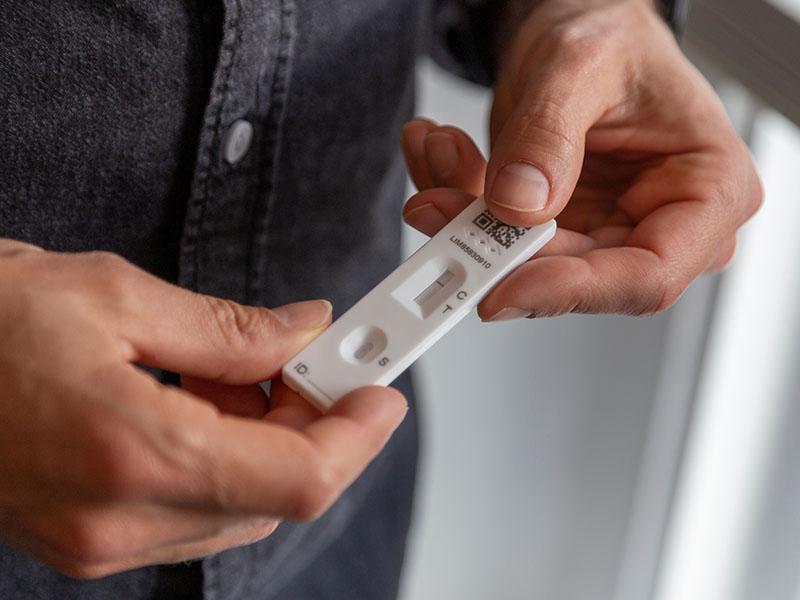From Monday (16 August) fully vaccinated people who had their second dose at least two weeks previously and children will not need to self-isolate if they are a contact of someone who tests positive for Covid-19.
You’ll still need to self-isolate if you’ve only had one jab so far or if you’ve not been vaccinated.
If you test positive for Covid yourself, even if you’ve had both vaccinations, you’ll also still need to isolate to protect yourself and others.
The Delta variant spreads faster than the previously most common variant so while the legal restrictions may now have been lifted, we all need to remain cautious as the pandemic is not over and we haven’t returned to normal just yet.
See the local case rates and vaccination data for the area using the interactive map on the government website.
The vaccine brings hope and this week the government announced that more than 75 per cent of UK adults had now been double-jabbed.
If you haven’t been vaccinated yet, please do it as soon as possible to protect yourself and loved ones and to enjoy socialising safely.
You can book online or find details of local walk-in clinics on the Healthier Together website.

